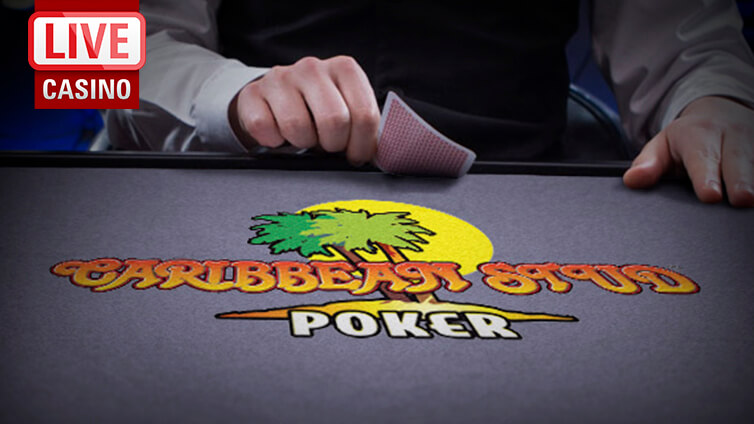Rules
Caribbean Stud Poker Odds
Players only win their bets when their combination is higher than that of the dealer, losing if it is lower and keeping the ante—but without winning—if the hand is a draw. Without lifting their arms from the table, players look at their cards, which must be in view of the dealer, and then decide between staying in the game by saying ‘call, in which case they have to double their bet by putting their cards in the box marked 2, or withdrawing from the hand by saying ‘fold'.
Like Caribbean stud, there is also an opportunity to make a $1 bonus bet that pays off 20,000 to 1 for a royal flush and less for other good hands. Pai-gow poker is a house-banked even-payout game. Each player is given seven cards, as is the dealer. The origins of Caribbean Stud Poker are not really known. There are contrasting stories and allegations typically thrown about in this regard in several online forums and game guides. What is sure is that the game is a relatively contemporary one, with origins in the mid-to-late-1980s and that it's strongly associated with Aruba, an island. History of Caribbean Stud Poker The history of the game is much disputed. Some claim that Caribbean Stud Poker was invented in Aruba, which would seem plausible since Aruba is an island in the Caribbean. Many people also claimed that they're the inventor of the game, like author and gambling expert David Sklansky.

Caribbean Stud Poker History Sites
A large dealing shoe consisting of six French decks is used to play blackjack, three of one colour and three of another, with 52 cards each.
In the latter case, players lose their ante, leaving their cards face down on the table. Then the dealer removes their bets, verifying the number of cards and picking them up. After the players have decided whether or not to stay in the game or fold, the dealer turns over the bank's four facedown cards. The bank only plays if its cards contain at least an ace and a king (K) or a higher combination. If not, the bank must pay each player remaining in the game an amount equal to their ante, or initial bet. If the bank plays, the dealer compares its cards with that of the players, paying out combinations that are higher and removing the losing bets.
